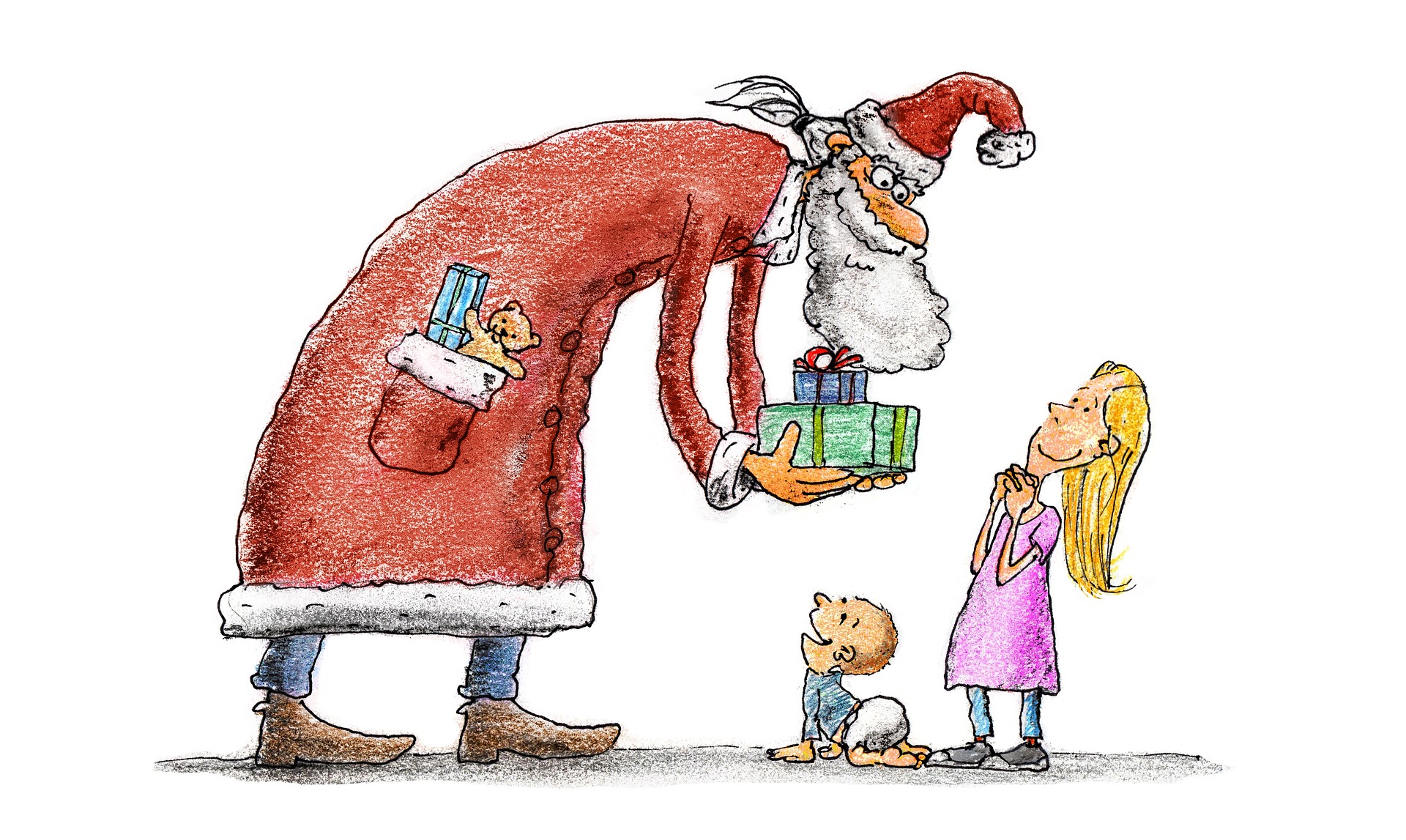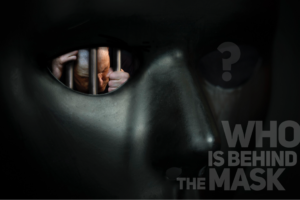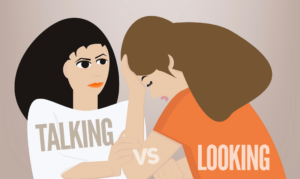Such happiness and joy to be a child, especially during the Holidays, but where does all of it go when you grow up?
It’s an age-old question in the backs of the minds of adults but is something most seem to accept as a simple fact of life.
And it’s not only that the happiness fades. It’s outright expected to occur in future generations of children when, in adolescence and adulthood, “childish” becomes a derogatory remark.
Listen to this article on audio here:
But, why should the imagination and vigor of youth fade away, even in memory, when these would be quite useful to most adults? Everyone could use some youthful vigor in the navigation of life, couldn’t they?
Some do retain it, actually, and they stand out because they seem rare. They inspire us and we revere them for this quality.
But, is it so rare as to be available to only a fortunate few?
It wouldn’t be such an issue if it ended with faded memories of the pleasant feelings of childhood. But, somehow we become convinced that, lacking pleasure and happiness in the present, childhood itself is to blame.
The focus is diverted to the poor experiences of early years and memories of childhood become darkened by trauma, loss, upset and travail, when in fact the happiness of childhood often outweighs the few key traumas and upsets of that period of life.
Is it possible to recover your past happy and pleasurable experiences that have been converted to disinterest and cynicism?
It not only is, but it’s actually very easy to do and as simple as recalling what you did yesterday.
How do past upsets get enough power to dominate the present?
It’s become a popular idea to “put the past behind you” or simply “let go of the past” in trying to lead a happy life now. This implies, however, that the past is something to avoid.
But, would this be so if the past was strewn with recallable, relivable happiness? Would anyone want to let go of or put behind them a past of joy, happiness and pleasure? Would you try to avoid a memory of winning the championship or discard one of time spent with your best friend?
Those memories, though faded and long since forgotten, are still there, merely hidden from view. And the way to recover them is the answer to how bad experiences get their power.
You see, it goes like this…
Upsets of the past (traumas, loss, injury, etc) occur during happier periods of life. These, in a way, “attach” themselves to those memories and accumulate over the years.
If you were to take inventory of the experiences of any period of life, you would find that the majority of them were times when you were motivated and enjoying happy pursuits. Especially in childhood, there is a lot of positive “energy” and imagination involved and much of the joy was pretty intense at the time.
When traumas interrupt these periods, even a single one, they can become “attached” to the other experiences and dominate recollection of the past.
Through a cloud of past unpleasantness, it can become difficult to experience happiness in the present, that which was natively inherited as your birthright.
But the pleasure and happiness still underlie it all, and gaining that back is way more valuable than recalling all the trauma in the world.
How can you recover the happiness of childhood and use it in your present adulthood?
This is very simple, actually, and it starts with an ability you natively have.
It’s an ability that allows you to uncover past pleasure which has become blocked, occluded or buried underneath pain and upset and brings it back into view to be reexperienced with the full original emotion and sensation of the experience.
It’s being achieved by many as we speak and has been for some 70+ years now.
Many who have experienced recalling even one moment of pleasure from their past is something to behold. It’s amazing to see the miraculous change in people when they follow the simple but precise steps to accomplish it.
In the guided Self-Counseling program we offer, there is a manual that directs you through a process of simple steps to observe certain past experiences. Through the progress of the program, more and more past pleasure is recovered and made available to reexperience.
And there is your answer to whether or not childhood happiness is available in adulthood. It not only CAN be recovered but it IS being recovered by many every day.
It can be yours. All you have to do is be willing to look. It’s there to be found and you CAN find it!
Start now on your journey toward recovery of childhood happiness with the Master Your Mind Self-Test.








